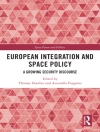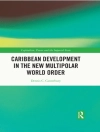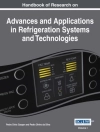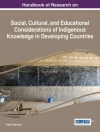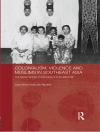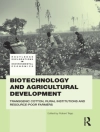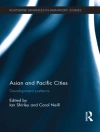Advancements in computing, instrumentation, robotics, digital imaging, and simulation modeling have changed science into a technology-driven institution. Government, industry, and society increasingly exert their influence over science, raising questions of values and objectivity. These and other profound changes have led many to speculate that we are in the midst of an epochal break in scientific history.
This edited volume presents an in-depth examination of these issues from philosophical, historical, social, and cultural perspectives. It offers arguments both for and against the epochal break thesis in light of historical antecedents. Contributors discuss topics such as: science as a continuing epistemological enterprise; the decline of the individual scientist and the rise of communities; the intertwining of scientific and technological needs; links to prior practices and ways of thinking; the alleged divide between mode-1 and mode-2 research methods; the commodification of university science; and the shift from the scientific to a technological enterprise. Additionally, they examine the epochal break thesis using specific examples, including the transition from laboratory to real world experiments; the increased reliance on computer imaging; how analog and digital technologies condition behaviors that shape the object and beholder; the cultural significance of humanoid robots; the erosion of scientific quality in experimentation; and the effect of computers on prediction at the expense of explanation.
Whether these events represent a historic break in scientific theory, practice, and methodology is disputed. What they do offer is an important occasion for philosophical analysis of the epistemic, institutional and moral questions affecting current and future scientific pursuits.
Om författaren
Alfred Nordmann (Editor) Alfred Nordmann is professor of philosophy at Darmstadt Technical University and Visiting Centenary Professor at the University of South Carolina. He is author of Wittgenstein’s Tractatus: An Introduction, and coeditor of Discovering the Nanoscale, The Kantian Legacy in Nineteenth Century Science, and Science in the Context of Application.Hans Radder (Editor) Hans Radder is professor emeritus in philosophy of science and technology at the Department of Philosophy of VU University Amsterdam, Netherlands. He is the author of many articles and several books, including The World Observed/The World Conceived and The Material Realization of Science: From Habermas to Experimentation and Referential Realism, and editor of The Commodification of Academic Research: Science and the Modern University. Gregor Schiemann (Editor) Gregor Schiemann is professor of philosophy and history of science at Bergische Universität in Wuppertal. He is the author of Hermann von Helmholtz’ Mechanism: The Loss of Certainty and Werner Heisenberg, and coeditor of The Significance of the Hypothetical in the Natural Sciences.


